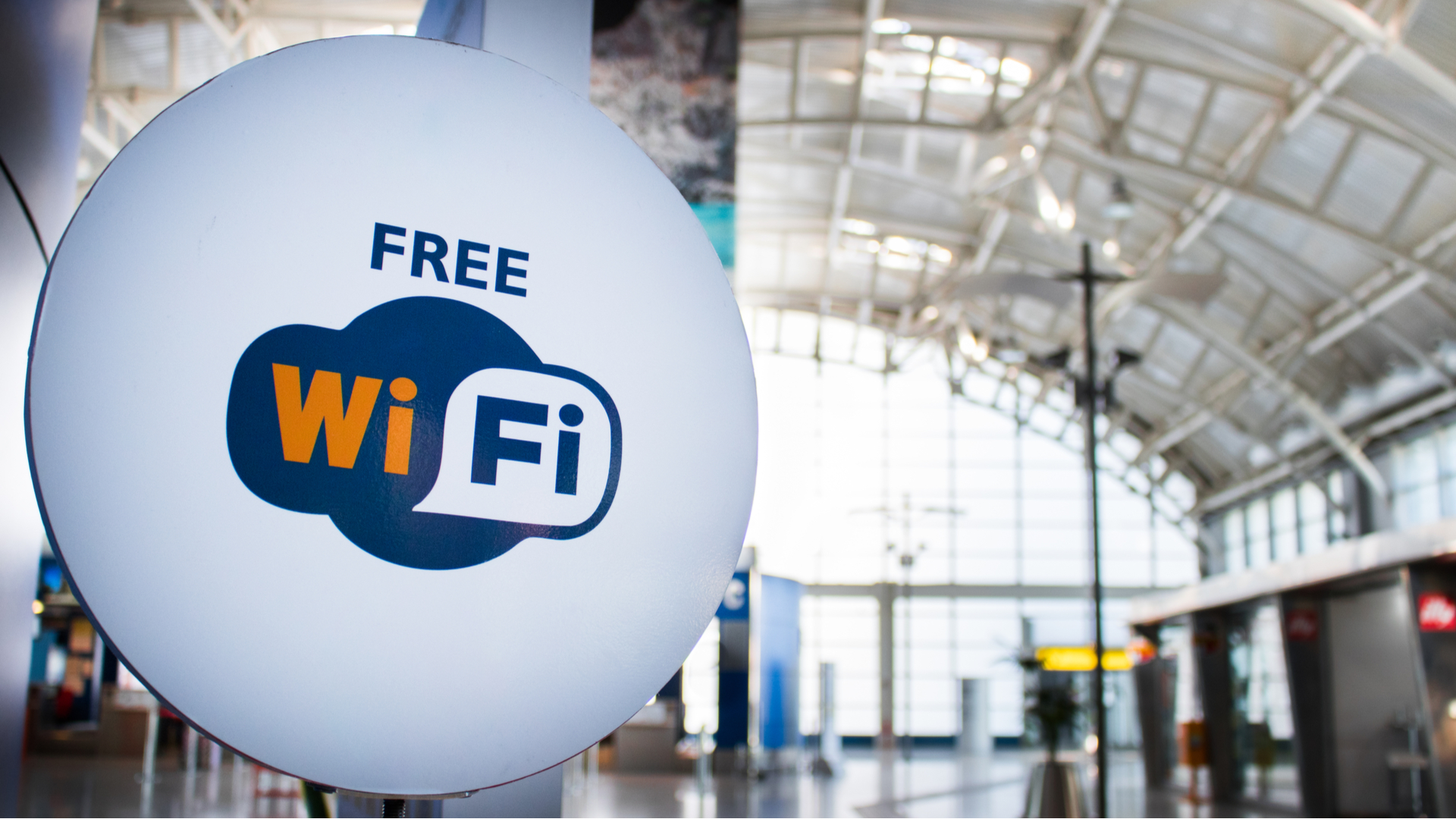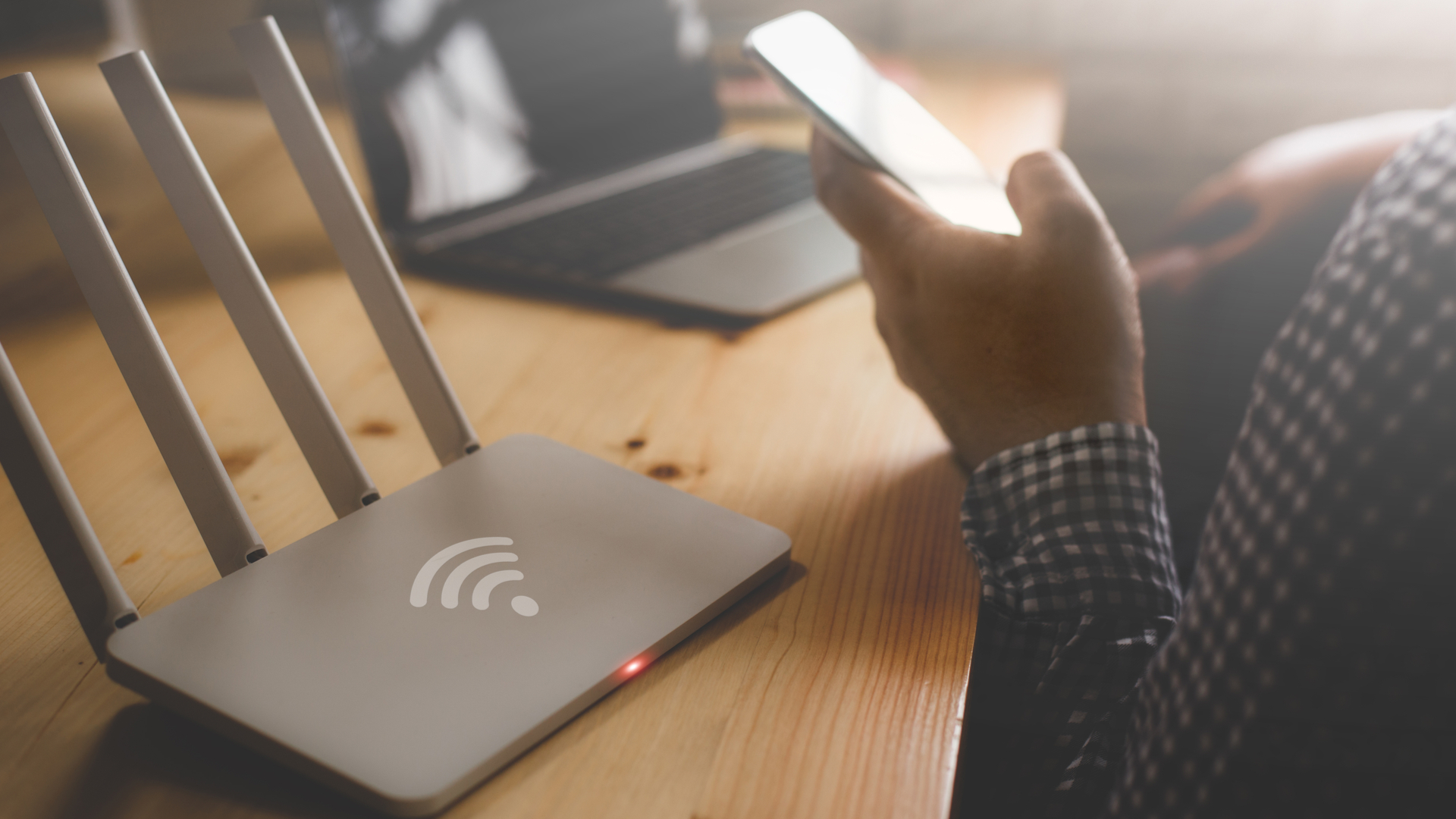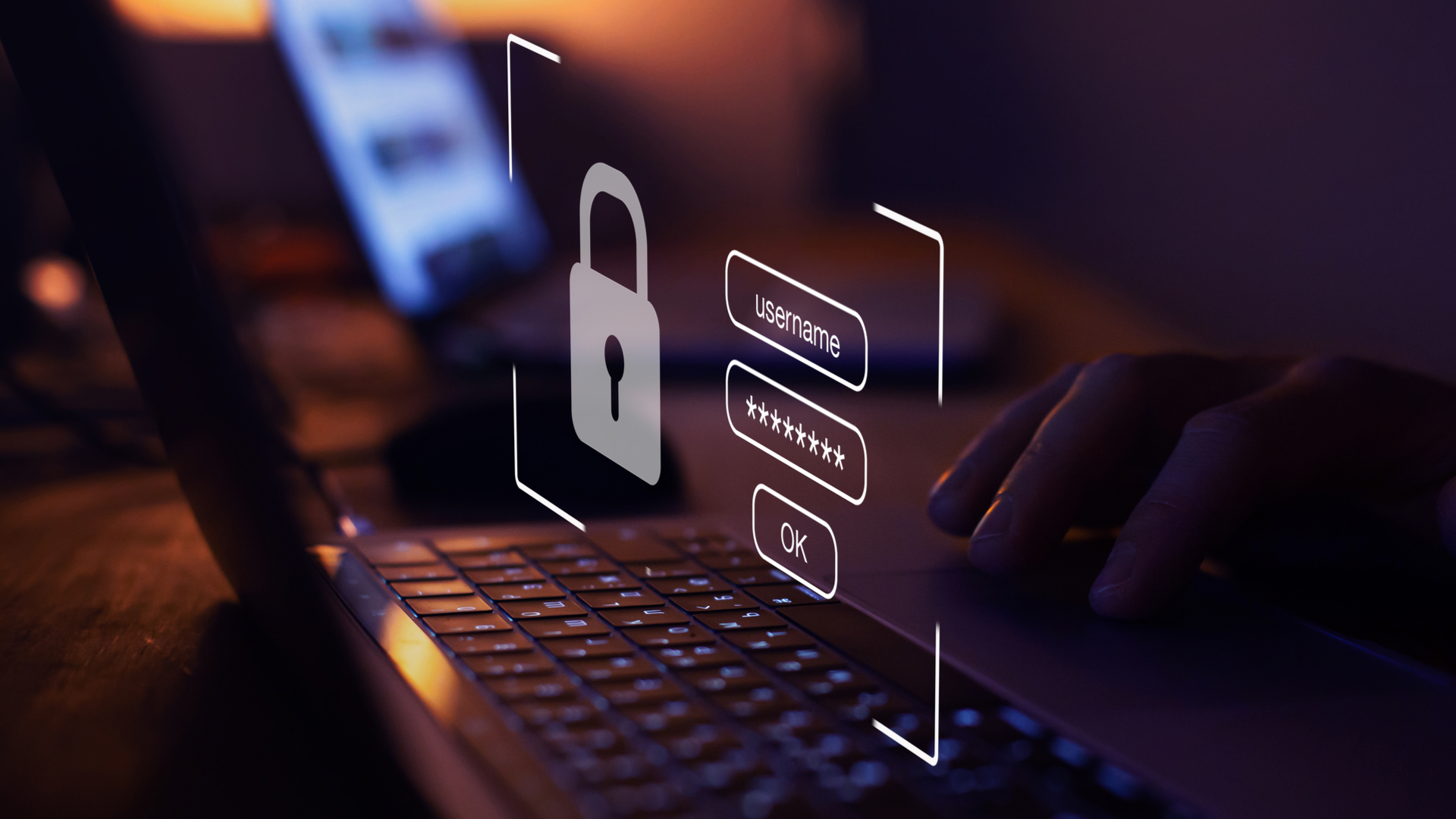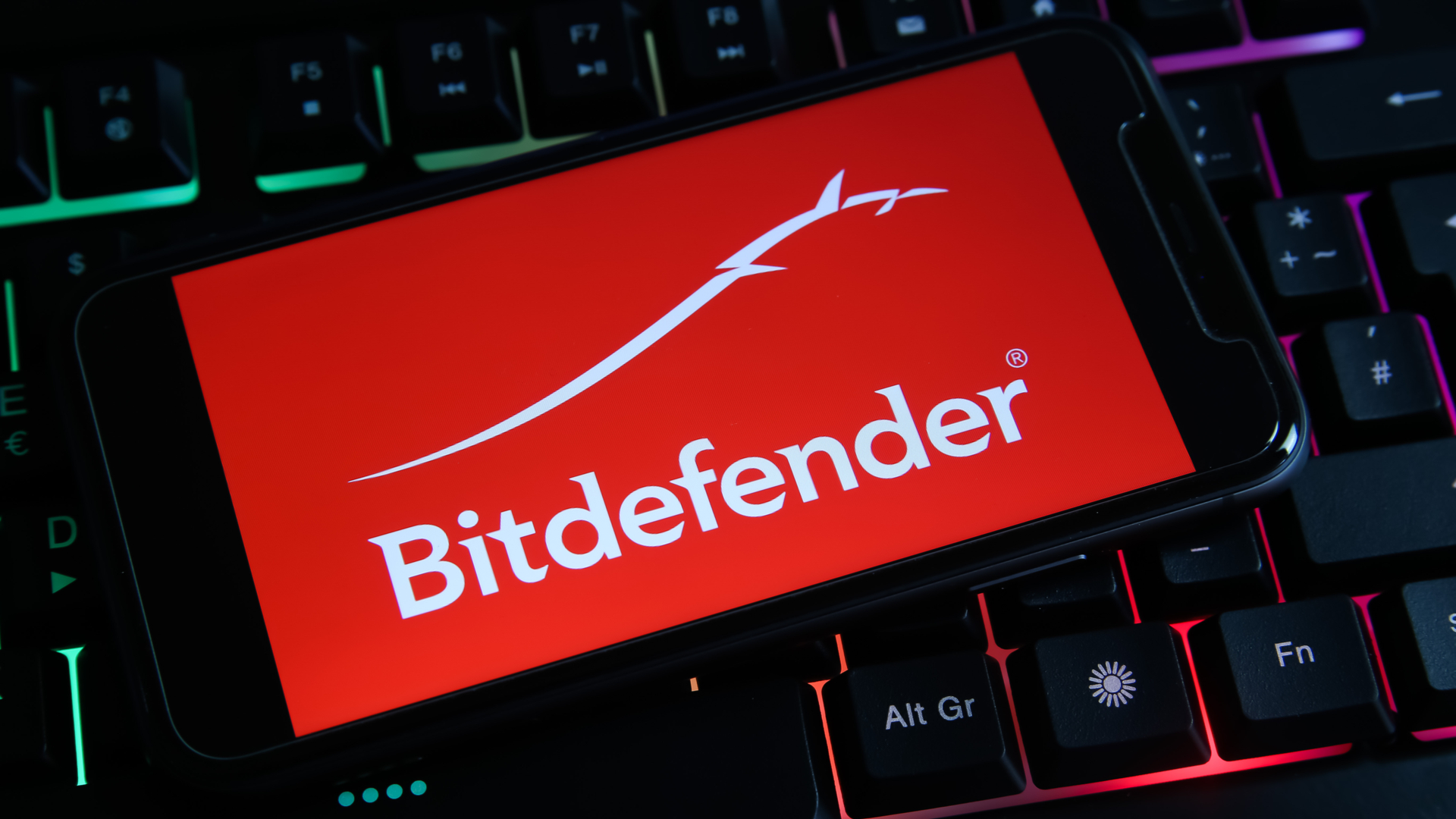Working safely from home: a step-by-step guide to staying secure

Working from home is pretty awesome.
No crowded subway cars or rush-hour traffic. No cafeteria food or expensive meal orders. No small talk with coworkers or stuffy office wear.
Most days you can just roll out of bed, throw on whatever's comfortable, and get right to work.
That isn't to say remote work is without its drawbacks, of course. It has its fair share — loneliness, distractions from pets and family, and Zoom fatigue, to name just a few. Arguably the most significant issue with remote work, however, is security.
Distributed work represents a considerable security risk. Home networks are rarely as secure as corporate networks, and people who are otherwise mindful in the workplace may be more lax in their home office. What's more, even a security-conscious employee might be put at risk by the ignorance of a family member.
Unsurprisingly, criminals have seized on this opportunity. The rate of cyberattacks increased by 600% last year. What's more, 67% of those attacks either directly or indirectly targeted remote workers.
This is a problem, and not just because it puts your employer at risk. If a criminal uses you to gain access to corporate data, they also gain access to your own private information, everything from photos to credit cards to medical data. All the data required to defraud someone, in other words.
Let's discuss how you can protect yourself.

Maintain work-life separation
Given the current state of the world, setting boundaries between your work life and your personal life is essential to maintaining one's sanity.
But it's also important for protecting both your business's data and your personal information. With that in mind, we strongly advise that you either avoid doing any work on personal devices altogether or set up a separate work profile on any devices you use.

Don't leave your systems unlocked
If you don't live alone, you'll want to get into the habit of setting a password-protected lock screen and pulling it up whenever you have to step away from your desk. This is particularly important if your job is in a field that involves sensitive or privileged data, such as financial services, healthcare, or law. While it isn't likely that you'll get into trouble from a roommate, child, or partner seeing something they shouldn't, it's usually better to be safe than sorry.
Plus, if you have cats, locking your screen prevents them from deleting potentially hours of work by dancing on your keyboard.

Stay away from public Wi-Fi
It should go without saying that if you're working remotely, you should avoid public wireless networks at all costs. Even if you're working with a virtual private network (which we'd strongly recommend). The hazards of public Wi-Fi are incredibly well documented, and include:
- Theft of personal or professional information
- Ransomware and malware
- Eavesdropping/man-in-the-middle attacks
- Connection hijacking
- Credential theft

Harden your home network
Your home network is (hopefully) more secure than public Wi-Fi. Thing is, that's like saying a screen door is less drafty than an open door. If you haven't consciously taken steps to protect the devices and systems in your house, you could be sitting on a minefield of potential security risks.
Here's what you need to do:
- Make sure everything is up to date. That includes computers, smartphones, and even smart lighting and appliances. Every software, operating system, or firmware update you skip is another potential gap in your security.
- Avoid default credentials. For any devices with a login, change the username and password immediately. Otherwise, breaking into the device — and by association, your network — is as easy as finding it on Shodan and logging in.
- Air gap connected devices. If you use smart lights, appliances, or TVs, consider keeping them on a separate wireless network from your work devices. Internet of Things (IoT) devices are notoriously insecure.
- Make sure you're using a firewall. Some routers come with a firewall that's enabled by default. If yours doesn't, you'll want to invest in a solution that lets you erect one in front of your work devices. Even if you do have a router with a firewall, it may still be worthwhile as a second layer of defense.

Be mindful
Hollywood loves painting hackers as sophisticated black hat renegades, seasoned experts who can crack any system they lay eyes on — and often do so for fun. While there are certainly people like that in the real world, they are a complete rarity. Most cybercriminals are consummate opportunists.
To put it another way, most criminals rely on you making a mistake that grants them access rather than actively seeking that access themselves. With that in mind, a little mindfulness goes a long way towards protecting yourself.
This involves:
- Staying informed about current and emerging threats.
- Verifying every single email and file you receive, even if you know the sender.
- Double-checking every link and application before you access anything.

Use a password manager
Password reuse is something virtually everyone has been guilty of at one time or another. One can hardly be blamed, though — in 2015, the average UK Internet user had at least 118 different accounts. That number has likely grown in the interim.
It's frankly impossible to think up and remember that many different logins, especially if you need to regularly update them. That's why now more than ever, it's imperative that you use a password manager. That way, you'll only need to remember one password rather than several hundred.

Safeguard your home office with Bitdefender Total Security
Even the best-secured network can still come under threat, often through no fault of your own. That's why in addition to the advice above, you need ironclad security software. That's where the award-winning Bitdefender Total Security comes in.
It monitors your network in real-time, actively sniffing out and mitigating any threats it detects. Leveraging powerful built-in algorithms, it protects your devices against spam, fraud, ransomware, and more. And it achieves all this with an incredibly light footprint, draining neither battery nor system resources.
Best of all, Bitdefender Total Security is currently on sale for 50% off, meaning it's the perfect time to pick up a license for yourself.
Get instant access to breaking news, the hottest reviews, great deals and helpful tips.
 Club Benefits
Club Benefits










